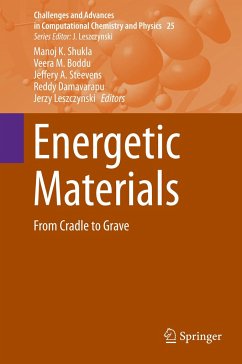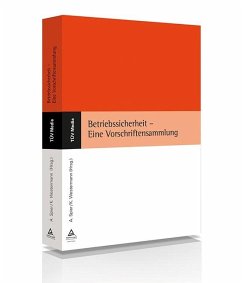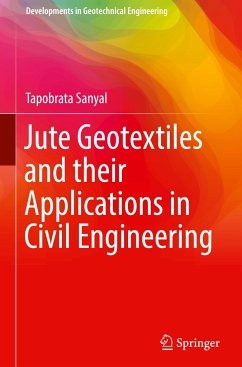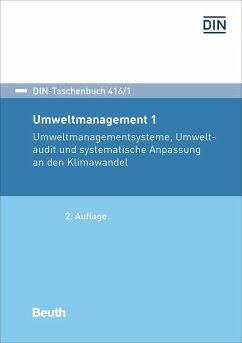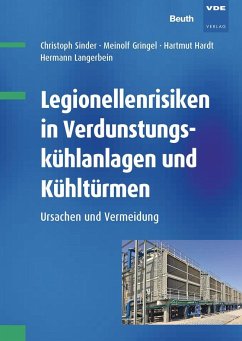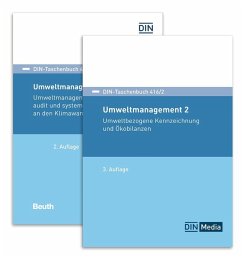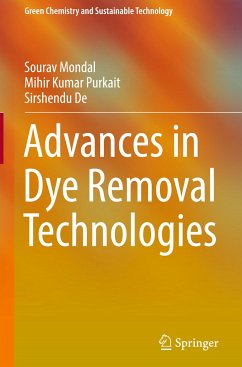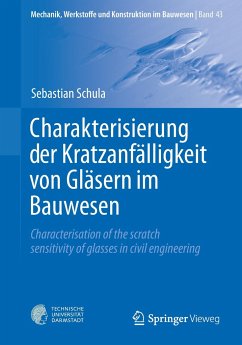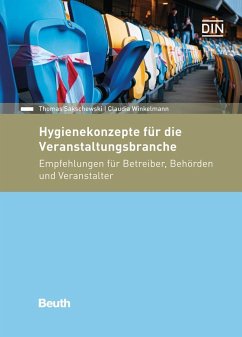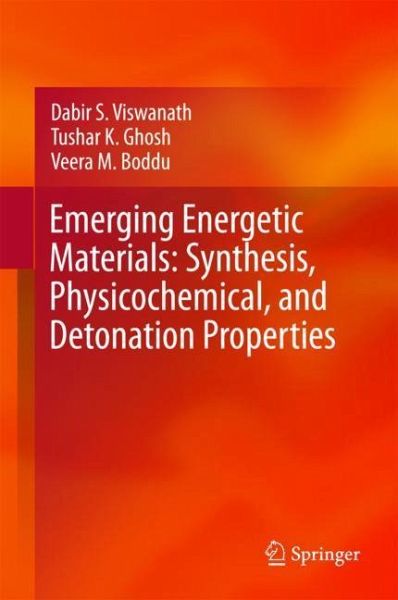
Emerging Energetic Materials: Synthesis, Physicochemical, and Detonation Properties
Versandkostenfrei!
Versandfertig in 6-10 Tagen
151,99 €
inkl. MwSt.
Weitere Ausgaben:

PAYBACK Punkte
76 °P sammeln!
This book summarizes science and technology of a new generation of high-energy andinsensitive explosives. The objective is to provide professionals with comprehensiveinformation on the synthesis and the physicochemical and detonation properties ofthe explosives. Potential technologies applicable for treatment of contaminated wastestreams from manufacturing facilities and environmental matrices are also be included.This book provides the reader an insight into the depth and breadth of theoreticaland empirical models and experimental techniques currently being developed in thefield of energetic ...
This book summarizes science and technology of a new generation of high-energy andinsensitive explosives. The objective is to provide professionals with comprehensiveinformation on the synthesis and the physicochemical and detonation properties ofthe explosives. Potential technologies applicable for treatment of contaminated wastestreams from manufacturing facilities and environmental matrices are also be included.This book provides the reader an insight into the depth and breadth of theoreticaland empirical models and experimental techniques currently being developed in thefield of energetic materials. It presents the latest research by DoD engineers andscientists, and some of DoD's academic and industrial researcher partners. The topicsexplored and the simulations developed or modified for the purposes of energetics mayfind application in other closely related fields, such as the pharmaceutical industry.One of the key features of the book is the treatment of wastewaters generated duringmanufacturing of these energetic materials.





